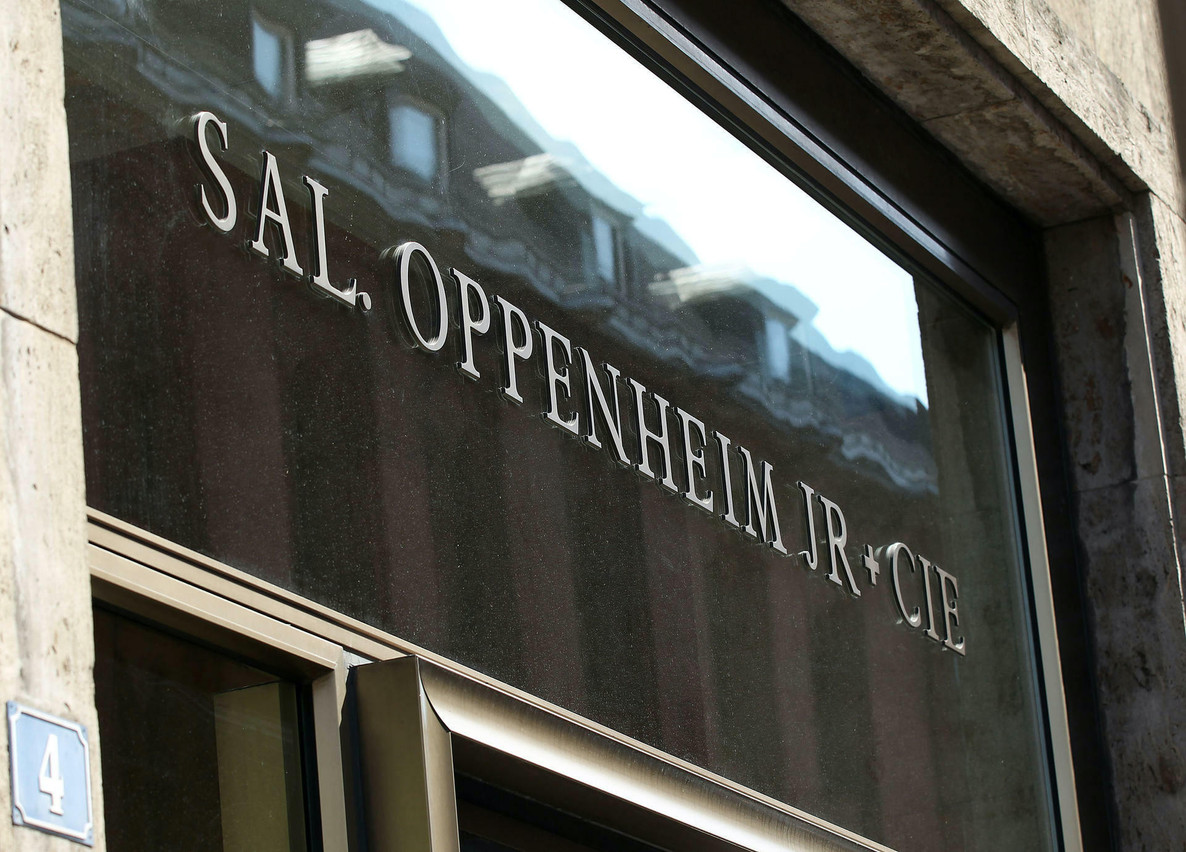In 2007, the bank Sal. Oppenheim celebrated the transfer of its headquarters from Cologne to Luxembourg in front of the whole of Luxembourg at Neumünster Abbey. Two years later, in the midst of a financial scandal, it was taken over by Deutsche Bank. How did this happen? By a combination of bad luck, greed and delusions of grandeur...
Founded in 1789, the bank had survived two world wars and several financial crises. The reason for this durability was based on family-style management and a "traditionalist" vision of the banking business where reckless risk-taking was discouraged. This changed when Baron Christopher von Oppenheim took over the management of the bank and surrounded himself with "outsiders" in the general management, who launched into investment banking and risky loans.
Mixed assets
What sank the bank was the bankruptcy of Arcandor. In 1998, the Quelle group, a mail-order specialist also present in Luxembourg at the time, and Karstadt, a chain of well-known shops across the Moselle, decided to merge and take on the name Arcandor. They borrowed 1 billion deutschmarks from Sal. Oppenheim, the bank that managed the fortune of the Schickedanz family, owners of the two groups. In parallel, the bank established a successful real estate business with property developer Josef Esch, who was also the private asset manager of Madeleine Schickedanz, the family heiress.
The Quelle-Karstadt merger certainly did not take place at the best time. The business models of the two groups were in direct competition with the rise of e-commerce. In order to survive, Arcandor had to make several redundancy plans, get further into debt with Sal. Oppenheim and sell its real estate assets to Esch via rather disadvantageous "sales and leaseback" operations. Esch set up real estate funds with Sal. Oppenheim thus found itself in a permanent conflict of interest bailing out Arcandor (in the end, the bank would hold 29% of Arcandor's capital) and cashing in on overvalued rents via the real estate funds set up with Esch.
Flash move to Luxembourg
On the verge of bankruptcy, Arcandor received a new loan of €300 million from Sal. Oppenheim. As Madeleine Schickedanz was unable to provide sufficient collateral, the bank's main shareholders and Esch took on the responsibility of guaranteeing the loan out of their own personal wealth. This was done discreetly vis-à-vis the other shareholders of the bank and Bafin, the German regulator. The interdependence of interests between the parties will directly cause the bank to lose its independence, and become part of Deutsche Bank in 2009, when Arcandor goes bankrupt following the German government's refusal to bail out the company, which needed €650 million.
The bank announced that it was transferring its headquarters from Cologne to Luxembourg, where it has a subsidiary. And while Matthias von Krockow is happy to tell anyone who will listen about the links he has forged with Luxembourg since he was a teenager, the primary reason for the move is more trivial. Simply put, it was to take advantage of the more favourable tax and regulatory rules compared to Germany. In short, 'forum shopping'. At the time, the rules applied by the CSSF and Bafin were not harmonised. On the German side, people are scowling and accusing Luxembourg of "stealing Sal. Oppenheim".
Having come to Luxembourg to accelerate its international development, the bank was caught up in the Arcandor scandal.
Yves Mersch, then Governor of the Luxembourg Central Bank, had warned that he did not consider himself to be Oppenheim's lender of last resort. That was a clear position from the outset.
Berlin takes over
In the end, it is the German state that will take charge of dismantling Sal. Oppenheim, a 'politically sensitive' bank, with clientele from important German families. Berlin will rule out numerous takeover candidates, such as BNP Paribas, in favour of Deutsche Bank, which increased from a 50% stake in the bank to 100%. The bank's head office moved back to Cologne in 2010 and the dismantling began. Equities were sold - in particular BHF, a bank taken over in 2004 which had a subsidiary in the Grand Duchy - and all national entities were absorbed by local Deutsche Banks. In Luxembourg, private banking and investment fund activities were taken over, the latter being sold in 2016 to Hauck & Aufhäuser, another German bank which has since been taken over by Chinese investors Fosun.
And that is how Sal. Oppenheim in Luxembourg vanished.
Former chief executive Matthias von Krockow, Christopher von Oppenheim, former CFO Friedrich Carl Janssen, former head of investment banking Dieter Pfundt and Josef Esch appeared before the Cologne criminal court, plead guilty and were sentenced.
This article in French on Paperjam and has been translated and edited for Delano.
